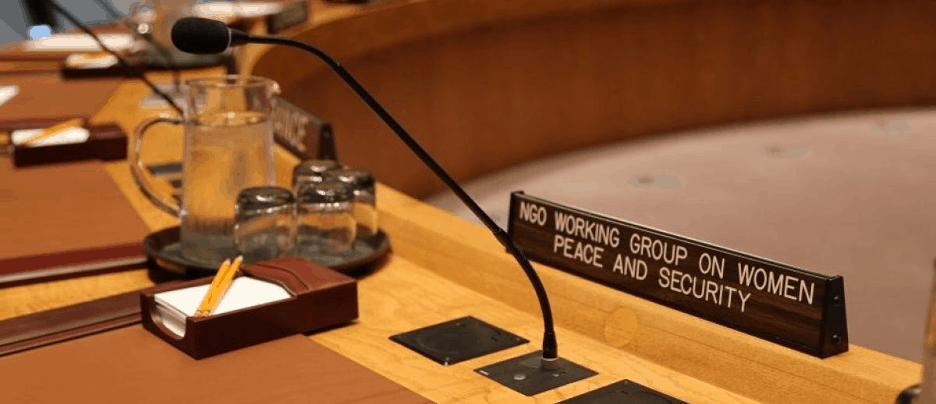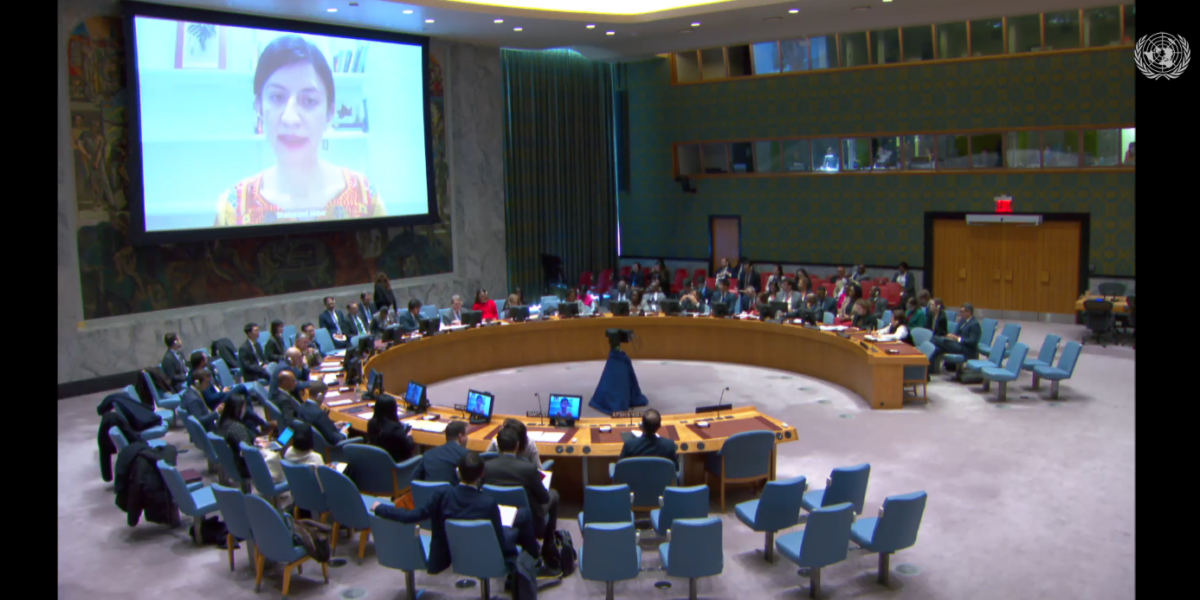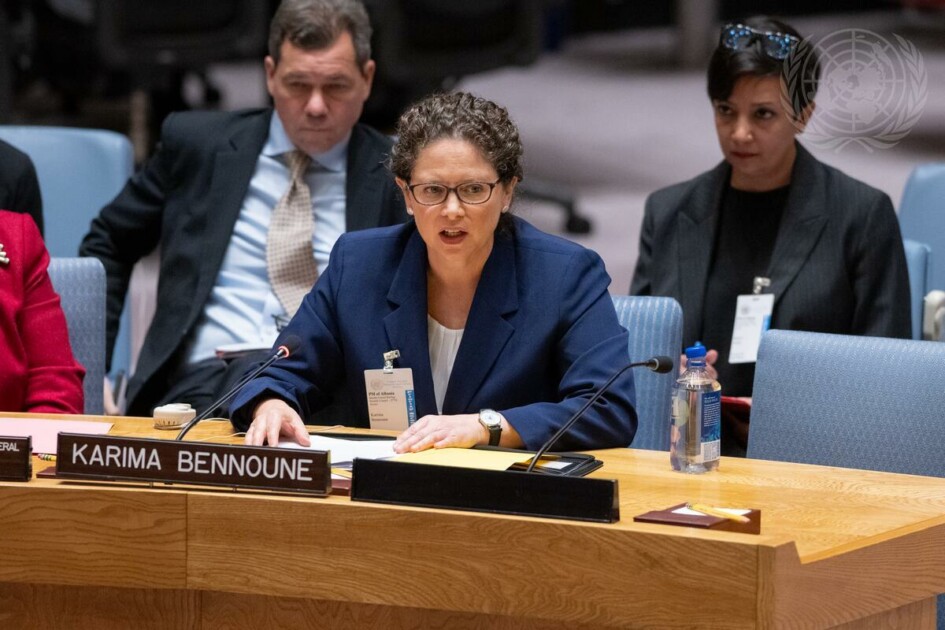Afghanistan
Afghanistan
Afghanistan has been engulfed in violent armed conflict since the fall of the Taliban regime in 2001, and efforts to build sustainable peace while preventing the re-establishment of extremist rule depend on the inclusion of women.
Living in the most dangerous place in the world to be a woman, as the Thomas Reuters Foundation revealed in 2011, Afghani women have emerged as leaders in the peace process— advocating constantly for more inclusive government, and inspiring marginalized groups nationwide to demand a place in the political system. Despite the important role that Afghani women play in bringing about social change in Afghanistan, many barriers to their involvement still exist.
Based on the work of NGOWG members and their partners, the NGOWG advocates for eliminating these barriers by encouraging UNAMA to support the Afghan government in fully implementing the National Action Plan on Women, Peace and Security (NAP), and ensuring women’s full and equal participation in regularly held elections.
Current and Past Recommendations to the UN Security Council (Monthly Action Points)
In their discussions of the strategic review of the UN Assistance Mission in Afghanistan (UNAMA), the Council should ensure that gender is a cross-cutting issue across its discussion and in any potential action. It is imperative that there is gender analysis of the situation in Afghanistan in order to inform any future changes to the role of the mission and the UN. The discussion should take into consideration the urgent need to support the meaningful participation of women in all peace, security and development processes. On 5 June 2017, President Ashraf Ghani appointed Abdul Karim Khalili as head of the High Peace Council; indicating the government’s continued support for the role of the High Peace Council in future peace talks and negotiations. However, the appointment of more women in senior roles in the High Peace Council is needed in order to contribute to a peace process in which women’s participation in general remains woefully inadequate. At the peace conference in Kabul on 6 June, only two Afghan women were present among 47 Afghan and foreign dignitaries. The continued near absence of women from the negotiating table underlines a worrying lack of concern and political will from the government that is necessary to build a more inclusive peace process. As peace talks continue, the international community should demonstrate its continued commitment to Afghanistan’s people by increasing efforts to support women’s voices in peace and security decision-making – both during peace talks and in prior consultation – particularly given the sustained violence against Afghan women leaders and human rights defenders. Any upcoming consultations hosted by the Council should include the direct participation of Afghan women, particularly from civil society, to ensure the discussions reflect the concerns and needs of the whole population (SCR 2242 (2015)).
Relevant Resources










